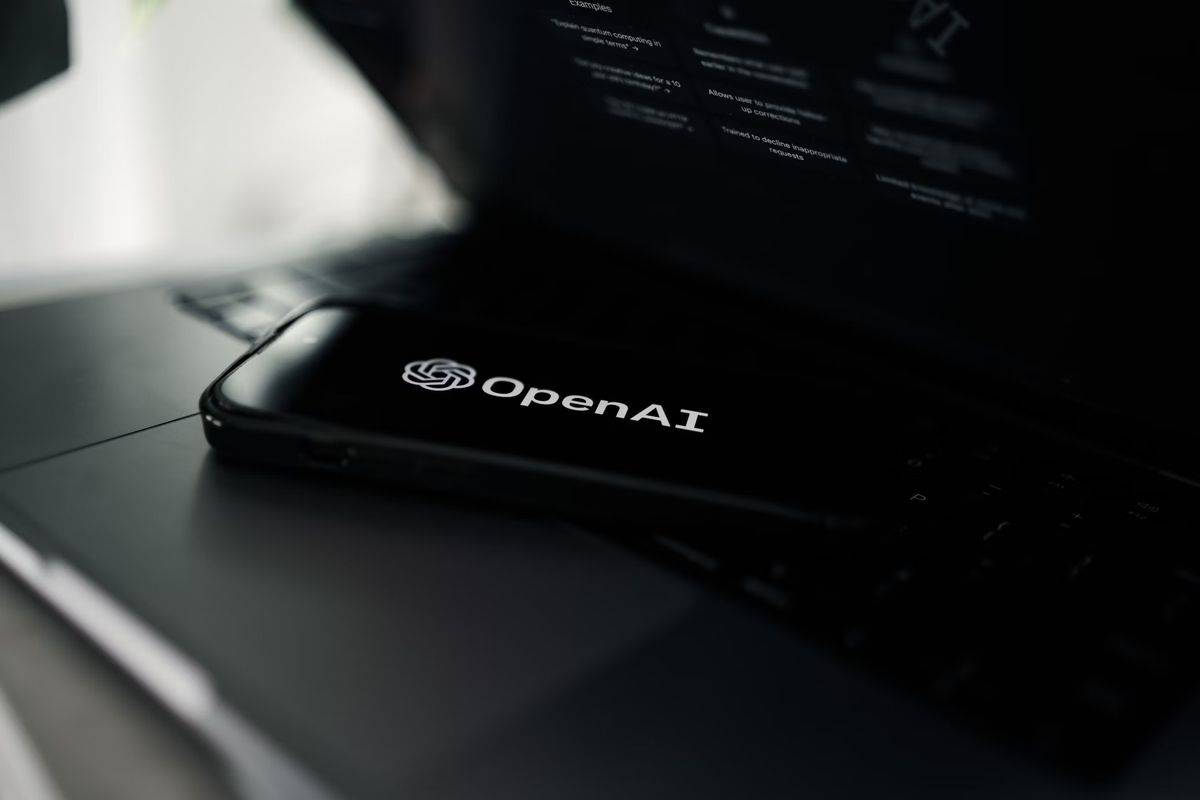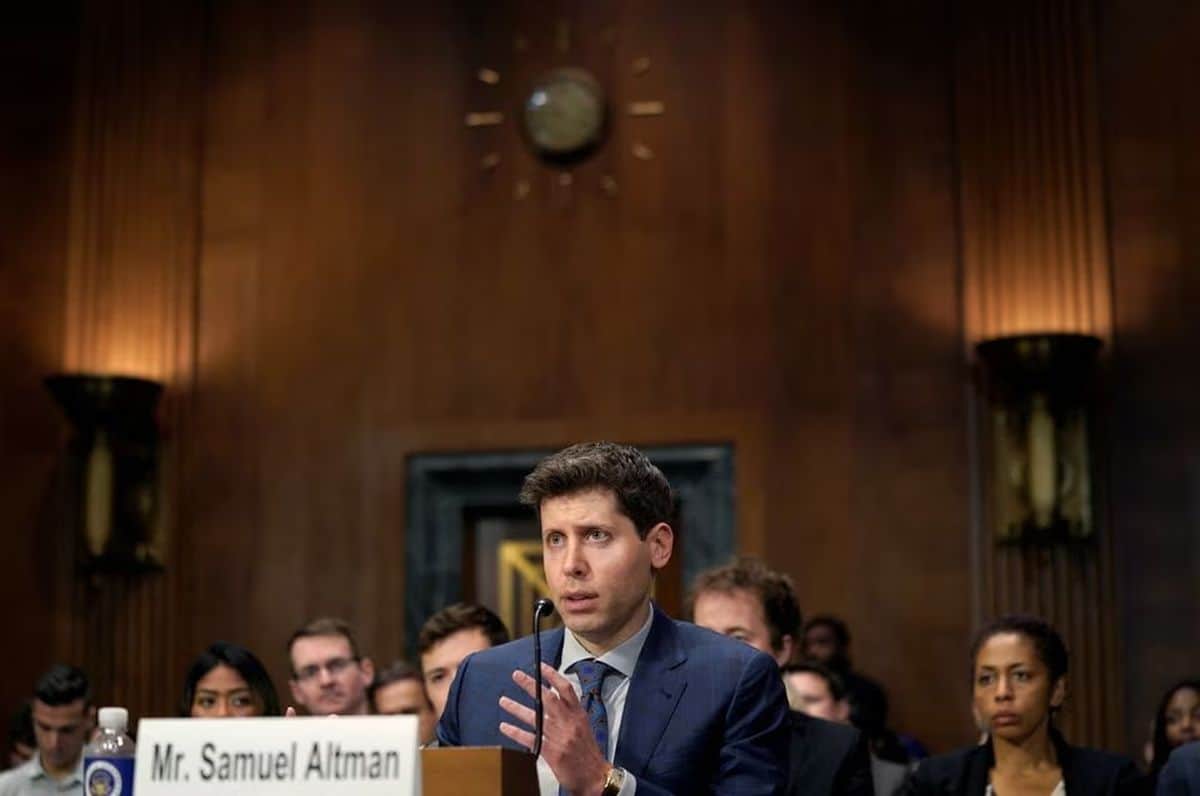OpenAI CEO highlights AI's threat to election integrity

During a Senate panel hearing on Tuesday, the CEO of OpenAI, the company behind ChatGPT, emphasized that the employment of artificial intelligence to interfere with election integrity is a "significant area of concern," reported Reuters. The CEO further stated that regulation is imperative to tackle this pressing issue.
CEO Sam Altman expressed his apprehension regarding the intersection of elections and artificial intelligence, stating, "I am nervous about it." Recognizing the potential risks associated with this convergence, Altman emphasized the importance of establishing rules and guidelines. In recent months, numerous companies, both major players and emerging startups, have engaged in fierce competition to develop and deploy AI systems that exhibit greater versatility.
"There's no way to put this genie in the bottle"
Senator Cory Booker, one of the lawmakers grappling with the complexities of regulating artificial intelligence, asserted that containing this technological advancement is an insurmountable task. In his words, "There's no way to put this genie in the bottle." Senator Booker acknowledged the widespread proliferation of AI on a global scale, emphasizing its explosive growth. This sentiment reflects the concerns and uncertainties shared by numerous policymakers regarding the most effective approaches to governing AI and its far-reaching implications.
Senator Mazie Hirono expressed her concern about the impending threat of misinformation as the 2024 election approaches. Highlighting an incident involving a viral image depicting the arrest of former President Trump by the NYPD, she questioned OpenAI CEO Sam Altman on the potential harm caused by such fabricated content. In response, Altman stressed the importance of creators transparently indicating when an image is generated rather than representing factual information.
During his inaugural appearance before Congress, Altman put forth the suggestion that the United States should contemplate implementing licensing and testing requirements for the development of AI models as a general approach. This proposition reflects Altman's belief in the necessity of regulatory measures to ensure responsible and accountable AI development practices.
When posed with the question of which types of AI should be subject to licensing, Altman identified a model capable of persuading or manipulating an individual's beliefs as an example of a significant threshold that should warrant scrutiny and regulation.

Regarding the use of data for AI training, Altman expressed the belief that companies should possess the autonomy to decide whether their data can be utilized for such purposes. This notion aligns with ongoing discussions on Capitol Hill concerning data privacy and control. However, Altman specified that content available on the public web should be considered fair game for AI training.
In terms of monetization, Altman expressed openness to the idea of advertising but expressed a preference for a subscription-based model. While he did not outright reject the notion of advertising, Altman indicated a preference for alternative revenue models that prioritize user subscriptions over reliance on advertising revenue.
In a concerted effort to address the implications of artificial intelligence, the White House has brought together prominent CEOs from the technology sector, including Altman, for discussions. Concurrently, U.S. lawmakers are actively pursuing actions that can maximize the benefits of AI while mitigating its potential for misuse, with the aim of safeguarding national security. However, achieving consensus on the best path forward remains a challenge, given the complex and multifaceted nature of AI.
A recent proposal put forth by an OpenAI staff member suggests the establishment of a dedicated licensing agency for AI within the United States. Referred to as the Office for AI Safety and Infrastructure Security (OASIS), this agency aims to ensure the safe and secure development, deployment, and regulation of AI technologies. The proposal reflects OpenAI's commitment to fostering a comprehensive framework for AI governance. Notably, OpenAI has the support of Microsoft Corp (MSFT.O) as a strategic backer. Altman further emphasizes the importance of global collaboration and the implementation of incentives to encourage adherence to safety standards in the field of AI.
Christina Montgomery, the Chief Privacy and Trust Officer at International Business Machines Corp (IBM.N), has called upon Congress to focus regulatory efforts on areas of AI that have the potential to inflict significant societal harm. This targeted approach seeks to address the most critical challenges and ensure responsible and ethical AI practices are upheld.
Advertisement





















“OpenAI CEO highlights AI’s threat to election integrity”
OpenAI CEO is obviously exaggerating his own importance for profit. What company would pay to advertise about being a threat to democracy, except as a lie to get some attention ?